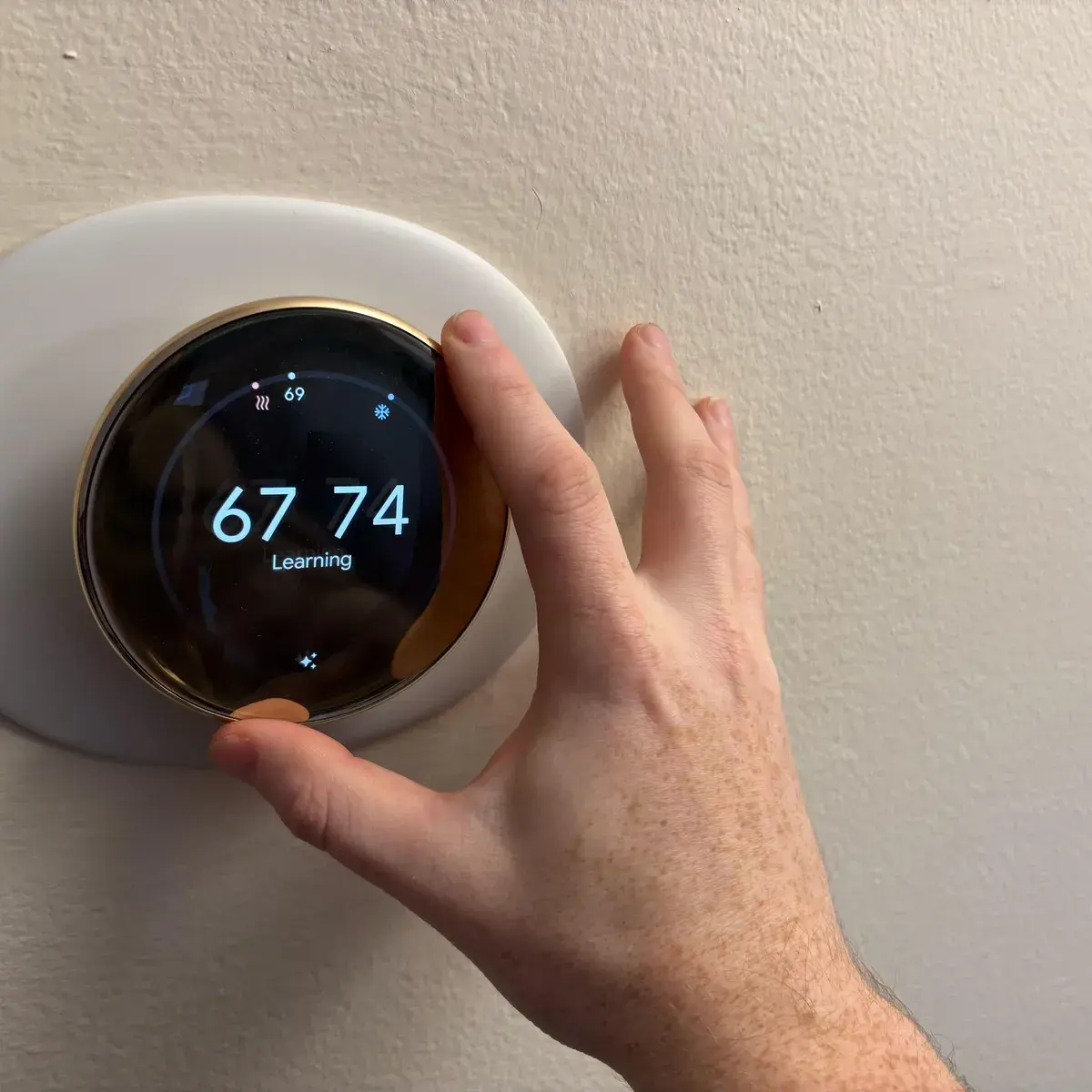Heating and cooling can account for nearly half of your home’s energy use. That makes it one of the biggest factors on your electricity bill. Traditional thermostats let you set the temperature manually but they do not adjust based on your schedule or habits. Smart thermostats do much more than that and can be a great way to reduce your costs without sacrificing comfort.
A smart thermostat is a device that connects to your WiFi and learns your patterns. It tracks when you are home when you are away and when you sleep. Based on that it creates a heating and cooling schedule that fits your lifestyle. For example if you leave for work at 8 in the morning it will automatically lower the heat or air during the day and then return to your preferred setting before you get home.
Many smart thermostats also allow you to control them from your phone. That means if you are coming home early or staying out late you can adjust the temperature remotely. You do not waste energy cooling or heating an empty space. Some models even use your phone’s location to adjust settings automatically based on how close you are to home.
Another way smart thermostats save money is by providing real-time data. They show you how much energy you are using and send tips to improve efficiency. Some even compare your usage with similar homes in the area which helps you understand if there is room to improve. Small changes like adjusting the temperature by just one or two degrees can make a big difference over time.
Many utility companies offer rebates or discounts for installing smart thermostats because they help reduce pressure on the grid especially during peak demand times. So the upfront cost is often lower than people expect and the savings can be seen in just a few months.
If you are looking for a simple upgrade that improves comfort and lowers your energy bill a smart thermostat is one of the best investments you can make. It pays for itself over time and gives you more control over how and when you use energy.


